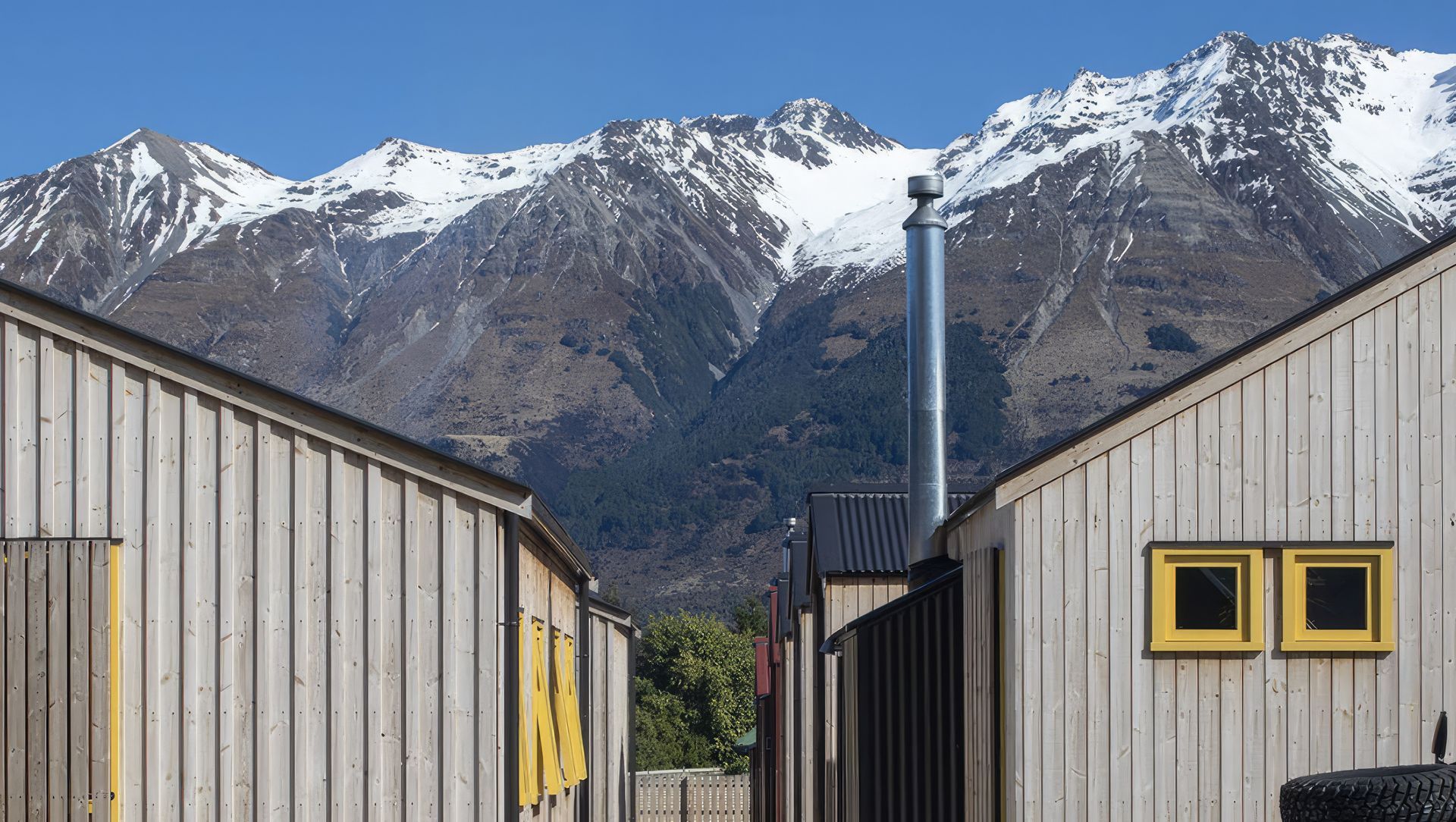About
Glenorchy Base Camp.
ArchiPro Project Summary - Project Timber: The Great Glenorchy Base Camp, a sustainable adventure hub nestled in the Southern Alps, features innovative timber construction and a vibrant communal space, designed to enhance the experience of outdoor enthusiasts in a stunning natural setting.
- Title:
- Project Timber: The Great Glenorchy Base Camp
- Manufacturers and Supplier:
- JSC
- Category:
- Residential/
- New Builds
- Photographers:
- Patrick Reynolds
Project Gallery









Views and Engagement

JSC. NZ Timber Experts
JSC is a leading timber supplier and manufacturer, providing premium, sustainable timber solutions tailored for New Zealand's building industry.
Established in Dunedin in 1900 by Jack Scott, and named J Scott and Company, our pioneering business grew and diversified in line with customer demand, tastes, and trends over the years.
This reputation for excellence that was established over one hundred years ago endures to this day, as does the ability to adapt and evolve, to better serve the needs of customers and to solve the challenges facing the building industry and the environment.
Innovation To Build Tomorrow
JSC is New Zealand’s premium architectural and building solutions partner, proudly producing exceptional and innovative timber products, materials, and finishings that will stand strong today and into the future. As leaders in timber cladding, hardwood decking, interior panelling, timber coatings, thermally modified timbers, and more, JSC is committed to delivering innovation to build tomorrow.
Please contact us for further information. We look forward to doing business with you.
Founded
1900
Established presence in the industry.
Projects Listed
42
A portfolio of work to explore.
Responds within
2d
Typically replies within the stated time.

JSC.
Profile
Projects
Contact
Project Portfolio
Other People also viewed
Why ArchiPro?
No more endless searching -
Everything you need, all in one place.Real projects, real experts -
Work with vetted architects, designers, and suppliers.Designed for Australia -
Projects, products, and professionals that meet local standards.From inspiration to reality -
Find your style and connect with the experts behind it.Start your Project
Start you project with a free account to unlock features designed to help you simplify your building project.
Learn MoreBecome a Pro
Showcase your business on ArchiPro and join industry leading brands showcasing their products and expertise.
Learn More


















